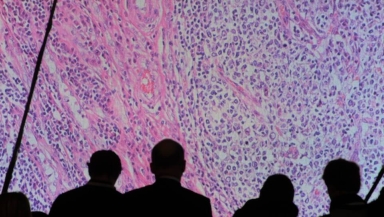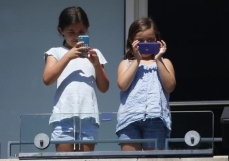
Religion can help people deal with cancer, according to new analyses of published studies – but only if it's the right kind of religion.
A report published in the US journal CANCER looked at the impact of religious belief on physical, mental and 'social' health – patients' ability to maintain their social roles and relationships during their illness.
It found that religious people had less pain, better mental health and were better able to carry on functioning than non-religious people. However, much depended on how someone actually experienced their religion, with those whose faith was emotionally satisfying and supportive faring better than those who believed in an angry and judgmental God.
Of the relationship between better physical health and religion, lead author Dr Heather Jim of the Moffitt Cancer Center in Tampa, Florida, said that it was "particularly strong in patients who experienced greater emotional aspects of religion and spirituality, including a sense of meaning and purpose in life as well as a connection to a source larger than oneself".

Regarding mental health, the analysis found that "Spiritual well- being was, unsurprisingly, associated with less anxiety, depression, or distress," according to lead author Dr John Salsman. "Also, greater levels of spiritual distress and a sense of disconnectedness with God or a religious community was associated with greater psychological distress or poorer emotional well-being."
Of social health, it found that "patients with stronger spiritual well-being, more benign images of God – such as perceptions of a benevolent rather than an angry or distant God – or stronger beliefs – such as convictions that a personal God can be called upon for assistance – reported better social health", said lead author Dr Allen Sherman. "In contrast, those who struggled with their faith fared more poorly."
The research stops short of claiming a casual link between faith and a better experience of cancer. However, it may have implications for healthcare systems which incorporate chaplaincy provision, such as the NHS.















